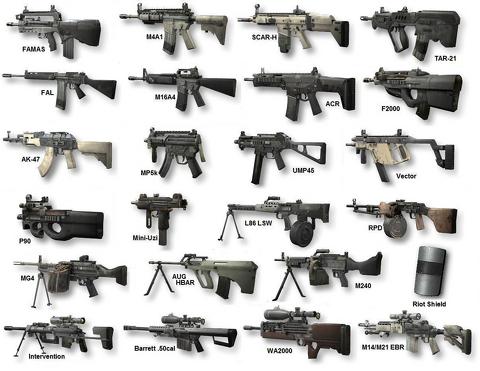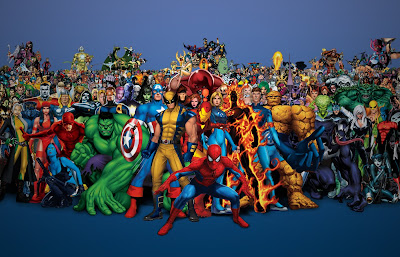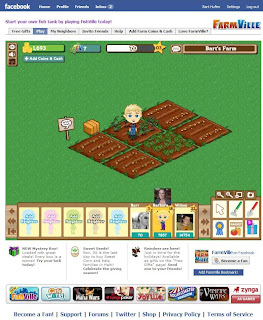It may sound strange to you, but it makes perfect sense to me!
Yesterday I was in a meeting with pwc (formerly known as Price Waterhouse Coopers), Activision (publisher of Call of Duty) and many other game-related companies to discuss the evolution of the games market in a broader perspective. pwc presented the sales figures of the gaming industry and we discussed the future of gaming and potential revenue streams.
Call of Duty is about to be launched in China, retail price: €0,-. What? Yep – a free-to-play version of the game! But how will they make money? By in-game transactions of course!
What surprises me is that first person shooters are still made for a broad audience varying from 13 year old kids up to guys my age, who -evidently – become less agile and desire a different type of gameplay. Speaking for myself I would really love to play a shooter like Battlfefield 2 again, where a commander and other roles can be played by the more ‘strategic / tactical’ players. I love RTS games like Command & Conquer or rather – Cossacks or Total War. Why can’t I deliver additional income to my team while playing an RTS so my ‘soldiers’ in Call of Duty, Counter Strike or Battlefield 4, can fight a war that I am funding?!
Sorry… this is beyond the point I wanted to make…
What I wanted to state here is that I, being 38 year old, would LOVE to be able to BUY a better gun instead of having to play over 300 hours to become a level 60 soldier. I would LOVE a game that required you to BUY bullets, grenades and a car, so gamers wouldn’t just ‘spray and play’ and throw numerous of grenades that kill me each time I respawn. I would LOVE to play a game where there are NO 14 YEAR OLD cheaters… but guys that are my age and play the game on a Monday evening while chatting on Skype and making silly jokes while at it… 😉 I know that Steam (the online webshop and social network for PC Gamers) could make the difference here!
In the end I think publishers can earn even more money than the ‘€60’ at once, by letting me play the game for free, but making me pay for bullets, gear, power ups, etc. Of course there should be a ‘balanced’ outcome in the sense that it can never be the case that ‘the richest’ player wins, but I think it could be an interesting test. Why not make a ‘limited edition assault rifle’ or ‘concept weapons’ that are available to just 1.000 players. Why not start with making players pay for bullets, grenades and in-game extra’s in a ‘free to play’ game? Why not letting me ‘pay per level’ instead of shoving a full game through my throat?
Let me know what you guys think!
Posted in micro transactions | No Comments »



